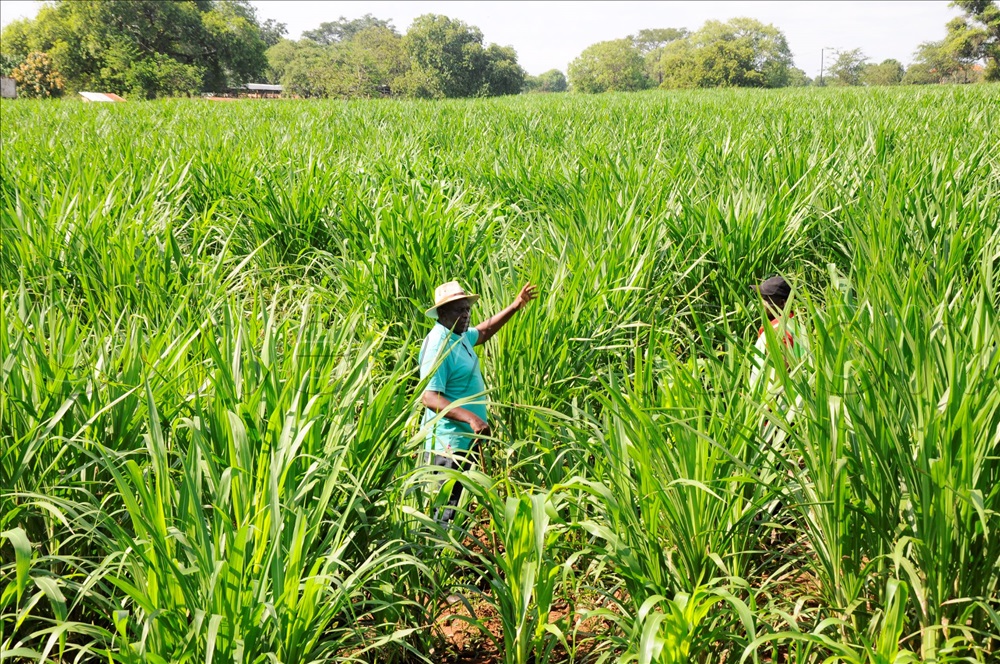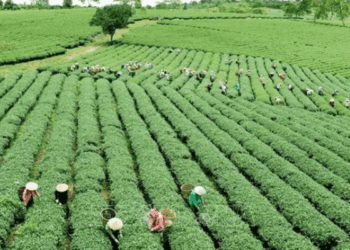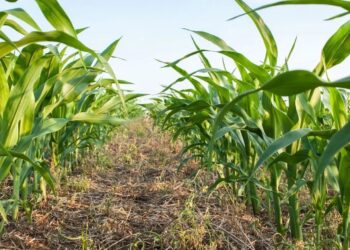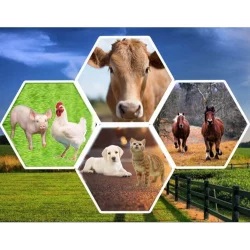The rolling green plains of Kawu Grazing Reserve in Bwari Area Council, FCT, came alive with the hum of tractors, the rhythm of hoes breaking earth, and the hopeful chatter of farmers and herders. But the real planting was not just in the soil — it was in the vision being sown for Nigeria’s livestock sector.
The occasion was the 2025 National Pasture Planting Day, flagged off by the minister of livestock development, Idi Mukhtar Maiha. In his words, it was “not just the planting of seeds, but the sowing of a vision” — one that blends renewable pasture development, sustainable livestock practices, environmental stewardship, peaceful pastoralism, and economic empowerment for millions whose livelihoods depend on animals.
Kawu, one of four grazing reserves in the FCT, is being repositioned as more than just rangeland. Under the federal government’s renewed hub strategy, such reserves will become centers of excellence for pasture production, animal breed improvement, veterinary services, conflict mitigation, and agribusiness opportunities.
“Our grazing reserves are not merely patches of land but hubs of opportunity. If we plant these grasses today, let it be a symbol of hope — that our cattle will no longer need to wander hundreds of kilometers in search of food and water,” the minister declared.
The initiative addresses a longstanding challenge: the scarcity of quality, sustainable fodder. Poor feed quality has fueled low livestock productivity, malnutrition in animals, and farmer–herder clashes.
Through the National Pasture Development Programme, the ministry has for the first time in 48 years released eight registered pasture varieties into Nigeria’s seed system.
This is being matched with investments in pasture seed banks, feedlots, irrigation, water harvesting systems, and research collaborations with universities, the National Animal and Veterinary Research Institute (NAVRI), and international agencies to introduce drought-tolerant, high-yield species.
The minister stressed that achieving this vision requires the collaboration of state and local governments, pastoral communities, development partners, NGOs, and traditional institutions.
“We must nurture these seeds with innovation and harvest peace and prosperity for our nation,” he said.
Minister of state for the FCT, Dr Mariya Mahmoud Bunkure, who also graced the event, underscored pasture planting as a strategic intervention that ensures year-round quality feed, reduces overgrazing, and supports a transition to settled livestock systems.
“This event is a statement of the federal government’s commitment to food security and peaceful coexistence,” she noted.
The FCT administration pledged support for pasture development projects and called on all stakeholders to make Kawu a model for other states — with proper pasture management, veterinary care, and water infrastructure.
District head of Kawu, Alhaji Ali Dankawu, welcomed the ministers but reminded them of lingering community concerns, particularly the issue of compensation for original landowners.
The grazing reserve spans about 9,000 hectares, much of which he said was acquired without settlements to the displaced farmers.
Despite this, the royal father affirmed the community’s openness to development and prayed for the ministers’ success in implementing projects that will improve local livelihoods.
With the inaugural planting completed, optimism is in the air not just for greener fields, but for a more harmonious and productive livestock sector. If the federal government’s commitments are matched by sustained investment and community cooperation, Kawu Grazing Reserve may indeed become the template for a new era in Nigerian pastoralism.





